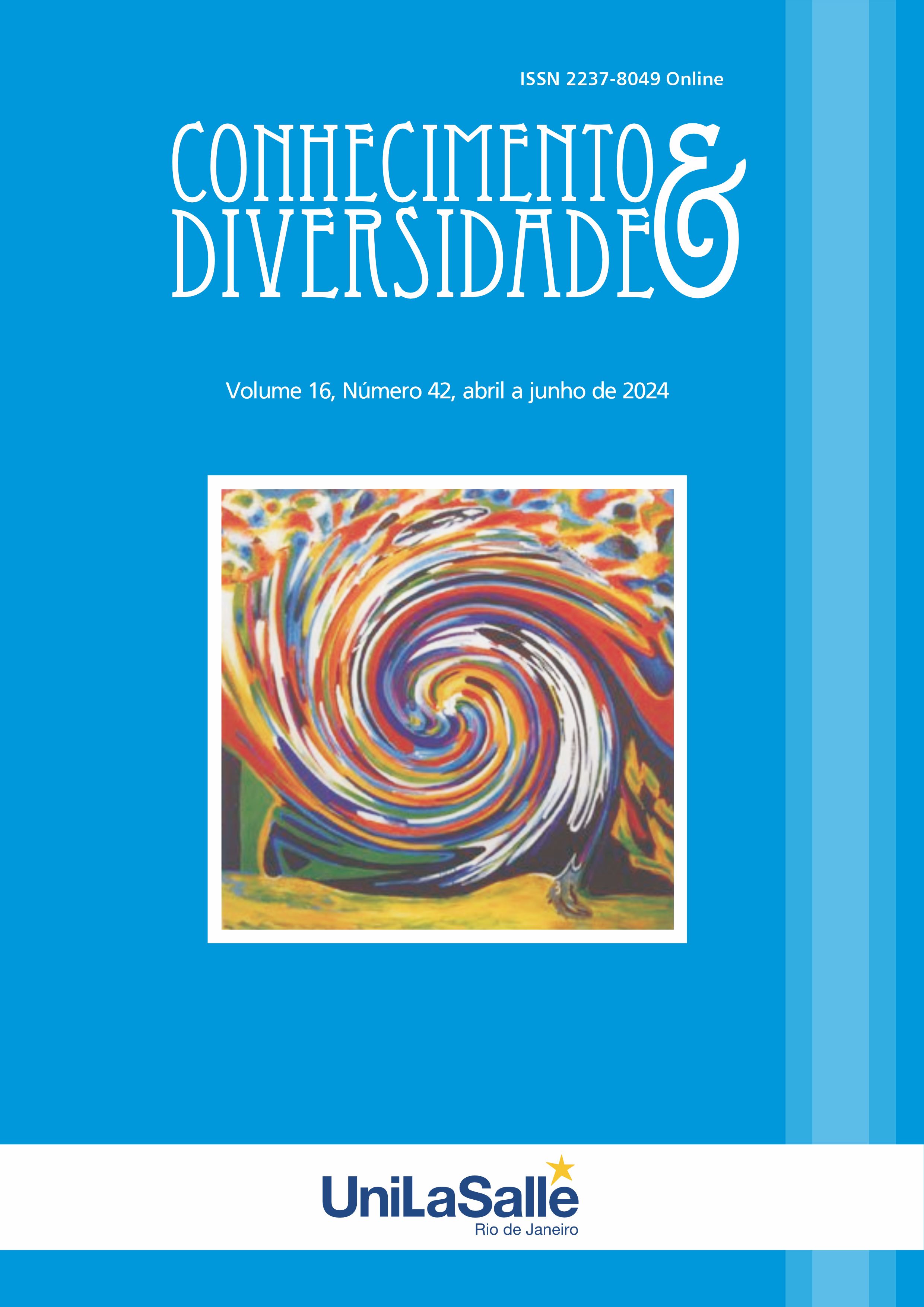EXPLORING THE RELATIONSHIP BETWEEN WORK MOTIVATION AND JOB SATISFACTION AMONG TEACHERS OF HIGHER EDUCATIONAL INSTITUTES
A STRUCTURAL EQUATION MODELING APPROACH
DOI:
https://doi.org/10.18316/rcd.v16i42.11707Keywords:
Work Motivation, Job Satisfaction, Employee Engagement and Organizational EffectivenessAbstract
This study uses structural equation modeling (SEM) to dive into the complex relationships between work motivation and job satisfaction among the teachers of higher educational institutes in and around Hyderabad, an Indian Metro. Understanding how these key factors interact in the modern organizational psychology environment is crucial for promoting employee engagement and successful implementation of academics among the higher educational institutes. We use SEM to investigate the complex linkages that underpin work motivation and job satisfaction and how these elements interact with one another. The study makes use of a broad survey instrument and a diversified sample of teachers from different higher educational institutes (HEIs) to capture complex features of work motivation and job satisfaction. The SEM is used to do complex statistical analysis on the obtained data, allowing us to go beyond obvious relationships and reveal underlying patterns of effect. With this analytical strategy, we want to not only confirm pre-existing hypotheses but also identify potential mediating or moderating factors that affect the intricate relationship between job satisfaction and motivation at work. In conclusion, this study uses a structural equation modelling technique a covariance based model to investigate the complex connection between job satisfaction and motivation at work among teachers from HEIs. This study adds to the body of knowledge in organizational psychology by revealing underlying patterns and mechanisms that underlie these dimensions and provides practical advice for fostering supportive work environments and enhancing organizational effectiveness. The results indicate a statistically significant gender differences among the teachers in job motivation and no statistically significant gender difference in work satisfaction. This suggests a statistically significant difference in SEM scores between genders
References
Deci, E. L., & Ryan, R. M. (1985). Intrinsic motivation and self-determination in human behavior. Springer.
Herzberg, F., Mausner, B., & Snyderman, B. B. (1959). The motivation to work (2nd ed.). Wiley.
Hulin, C. L., & Judge, T. A. (2003). Job satisfaction as a reflection of disposition: A multiple-source causal analysis. Organizational Behavior and Human Decision Processes, 91(2), 257-270.
Ilies, R., Fulmer, I. S., Spitzmuller, M., & Johnson, M. D. (2009). Personality and citizenship behavior: The mediating role of job satisfaction. Journal of Applied Psychology, 94(4), 945-959.
Judge, T. A., & Bono, J. E. (2001). Relationship of core self-evaluations traits—self-esteem, generalized self-efficacy, locus of control, and emotional stability—with job satisfaction and job performance: A meta-analysis. Journal of Applied Psychology, 86(1), 80-92.
Locke, E. A. (1976). The nature and causes of job satisfaction. In M. D. Dunnette (Ed.), Handbook of industrial and organizational psychology (pp. 1297-1349). Rand McNally.
Ostroff, C. (1992). The relationship between satisfaction, attitudes, and performance: An organizational level analysis. Journal of Applied Psychology, 77(6), 963-974.
Vroom, V. H. (1964). Work and motivation. Wiley.
Downloads
Published
Issue
Section
License
Copyright (c) 2024 Ridhi Rani, Ved Srinivas, KDV Prasad, Debanjan Nag

This work is licensed under a Creative Commons Attribution 4.0 International License.
As recommended by the Public Knowledge Project, RCD adopts for its articles a CREATIVE COMMONS Attribution CC BY 4.0 license.
This license allows others to distribute, remix, adapt and build upon your work, even commercially, as long as they credit you for the original creation.
This is the most appropriate license offered.
Recommended for maximum dissemination and use of licensed materials.



